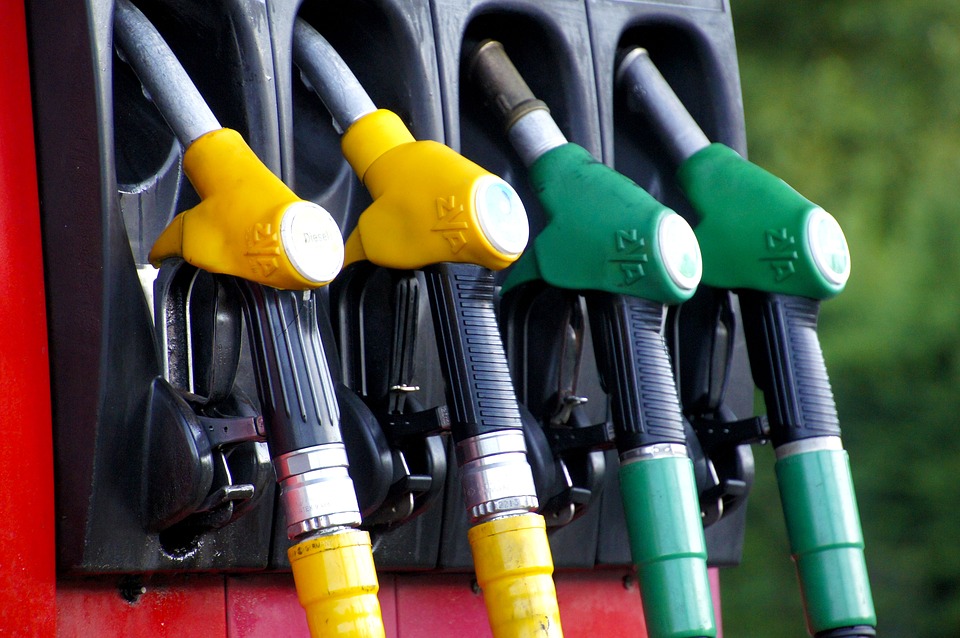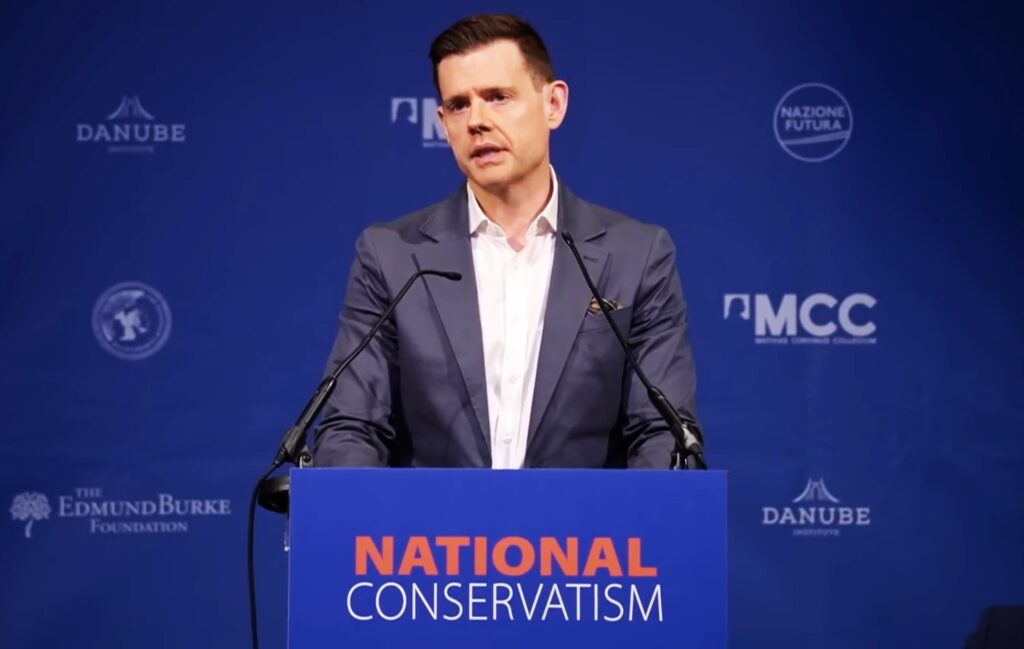The government has pledged to phase out fossil fuel subsidies and make clean transport a pillar of its climate action agenda. But new research shows that the UK has actually increased subsidies for petrol since 2003.
The transport sector is responsible for around 23 percent of the UK’s greenhouse gas emissions. Experts from the UK’s independent Committee on Climate Change say that In order to meet the UK‘s 2050 climate change targets, 60 percent of new cars and vans need to be electric by 2030.
To make electric cars a viable proposition, the government needs to find ways to support the technology while cutting any additional help to fossil fuel powered cars, defying lobbying from big oil companies such as ExxonMobil.
The government has pledged to phase out all fossil fuel subsidies by 2025. But research published today in Nature Energy shows it continues to prop up petrol power, despite such promises.
It shows government policies mean it has increased petrol subsidies by about 2p per litre between 2003 and 2015. That may not sound like much, but the UK’s cars, vans, trains and planes used around 52 million tonnes – or almost 40 billion litres – of petrol in 2015. The additional support could have been worth around £1 billion in 2015 alone.
Professor Michael Ross, the lead author of the research, said the study highlights a dirty policy that is often overlooked. “The UK has some of the world’s highest petrol taxes, on the consumer side, but still provides large subsidies to producers, which are equally important but often hidden from view”, he told DeSmog UK.
MPs have previously criticised the government for failing to implement the proper incentives and infrastructure needed to encourage clean transport growth.
The research shows the government is continuing to subsidy petrol consumption, despite promises to clean up the sector.
Labour’s shadow energy and climate minister, Alan Whitehead, said it is a “scandal” that the UK continues to increase fossil fuel subsidies as other countries ramp up efforts to reduce theirs.
He told DeSmog UK: “The reality is that the UK is pushing ahead with a higher and higher subsidy regime at precisely the time when we should be reducing subsidies and investing in the alternatives. This can only have bad consequences for our ability to decarbonise energy in the UK and meet our climate change commitments.”
Green Party energy spokesperson, Andrew Cooper, said it shows “the Government is running headfirst in the wrong direction. Increasing subsidies for petrol is not only a terrible decision, but also a direct contradiction of the Government’s own promise to cut down on fossil fuel subsidies.”
“The Government needs to put its money where its mouth is and help fund projects with a sustainable future instead.”
Main image credit: Actov_Michoko via Pixabay CC BY–SA
Subscribe to our newsletter
Stay up to date with DeSmog news and alerts






